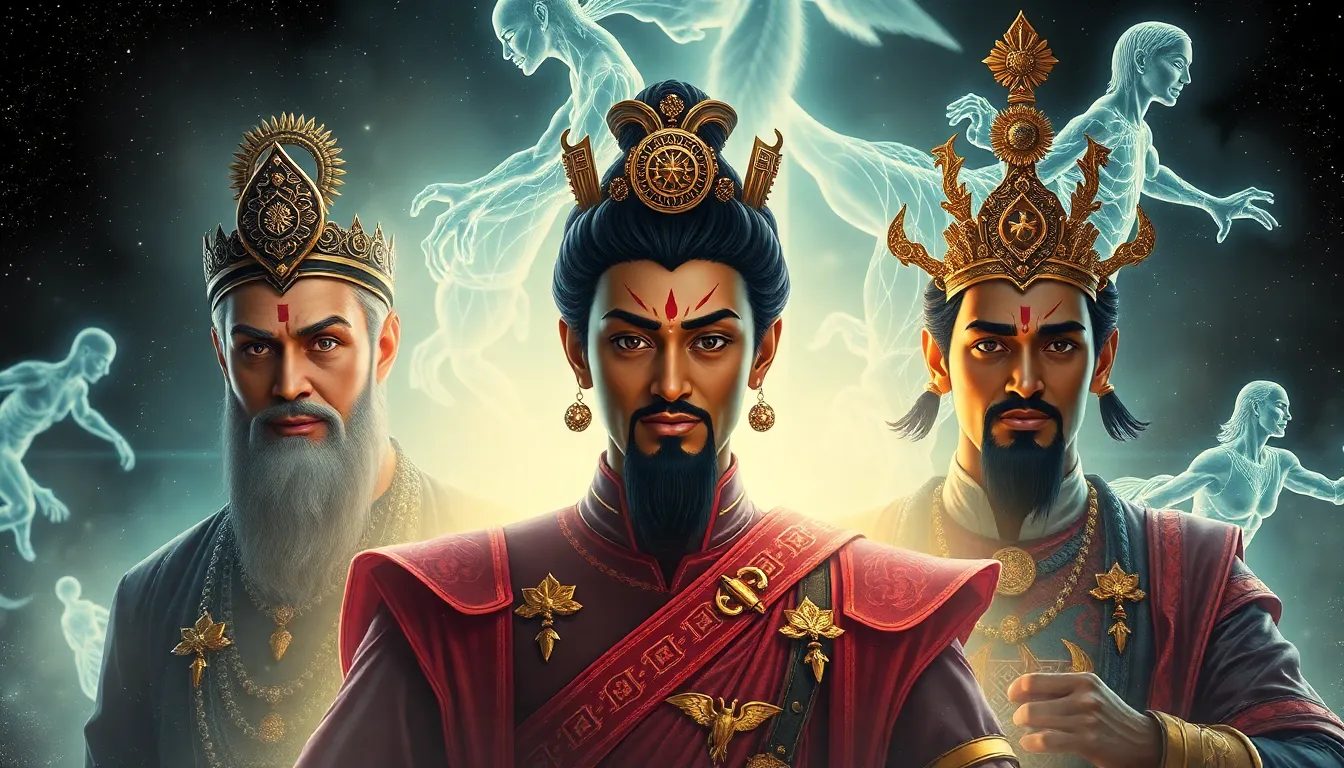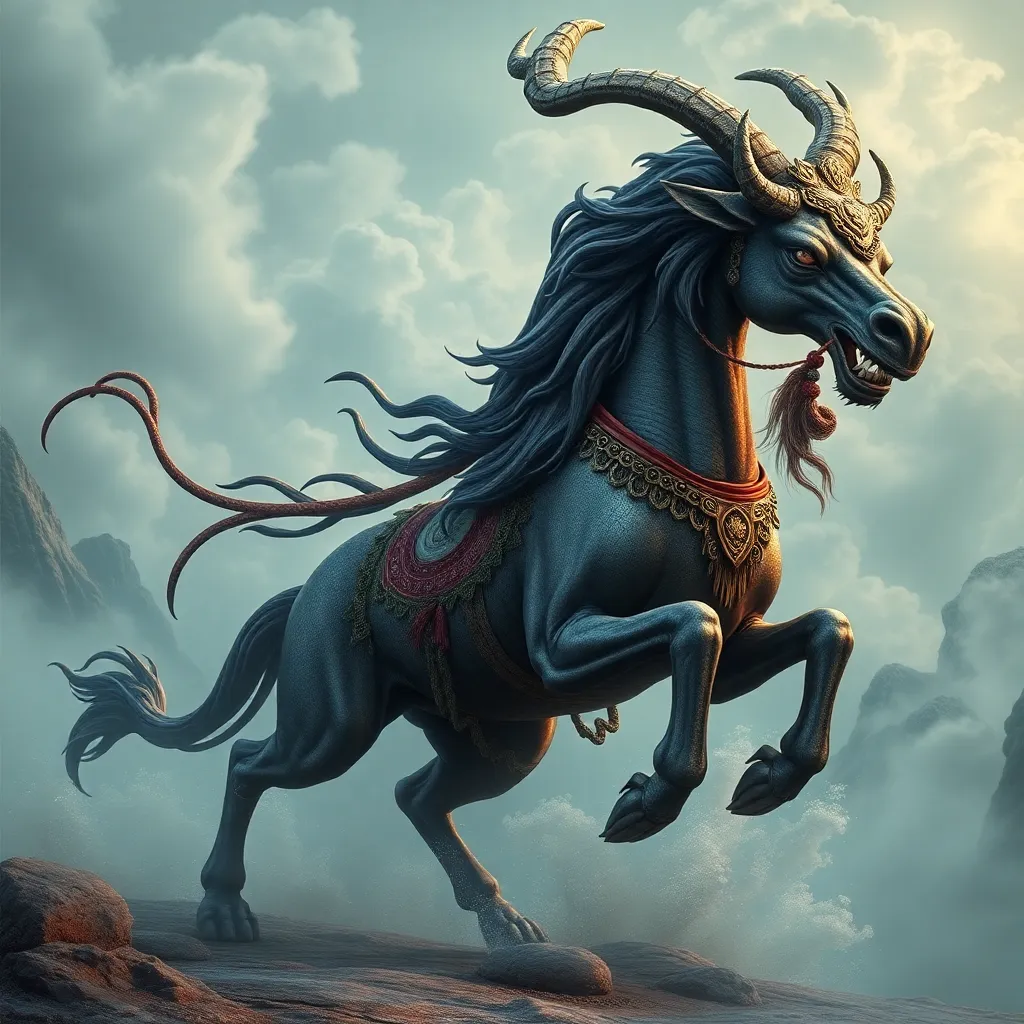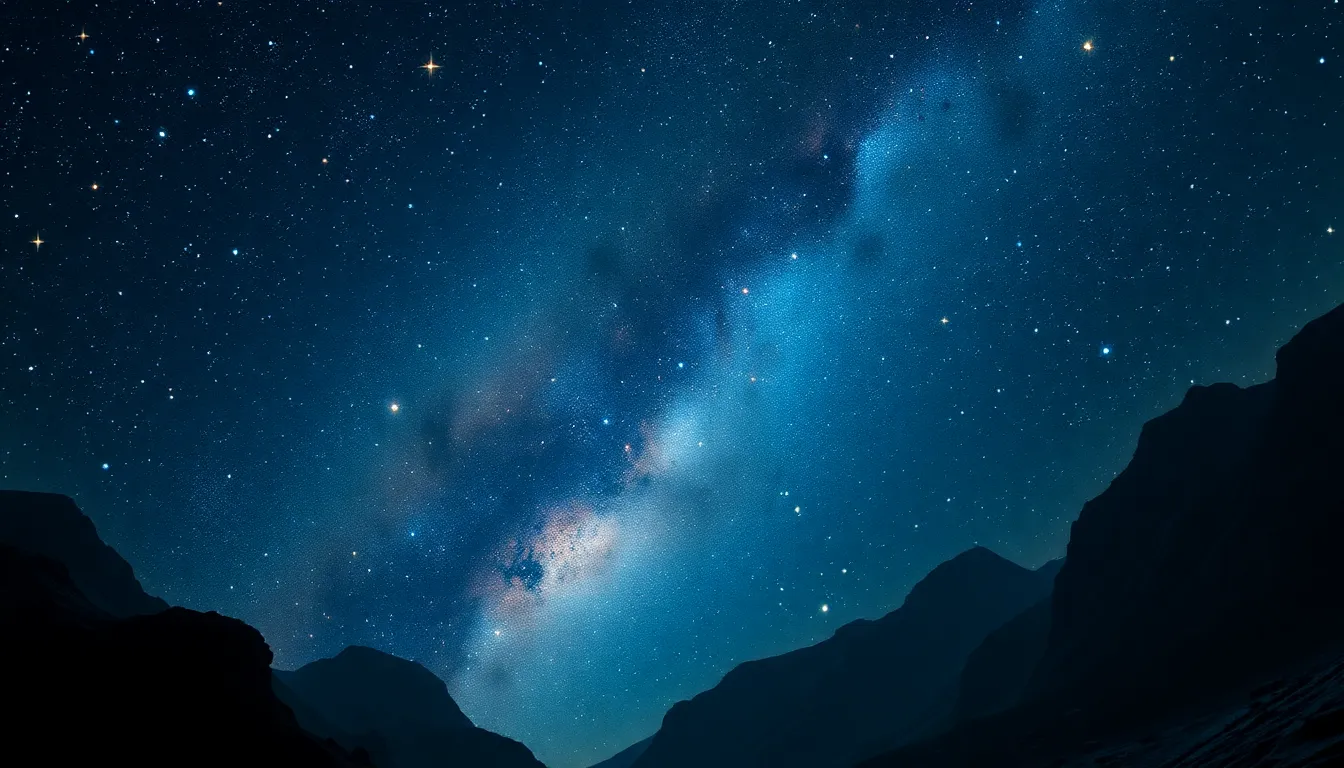The Hidden Truths Behind Famous Cultural Heroes
I. Introduction
Cultural heroes are figures who have been celebrated and idealized for their contributions to society, art, politics, and various other fields. These individuals often embody the values, aspirations, and struggles of their communities, serving as symbols of hope and inspiration. However, the narratives surrounding these heroes are not always as straightforward as they appear.
Examining the true stories behind these cultural icons is crucial for understanding the complexities of heroism and the societal contexts in which they emerged. This article aims to uncover the hidden truths behind famous cultural heroes, revealing how their stories are often more nuanced and complicated than popular narratives suggest.
II. The Myth vs. Reality of Cultural Heroes
The process of myth-making is a powerful tool in shaping public perception. It allows society to construct narratives that resonate with its values and aspirations, often leading to the glorification of certain figures while overshadowing their flaws.
A. Understanding the myth-making process
Myth-making involves selective storytelling, emphasizing certain traits while minimizing or ignoring others. This can lead to a distorted view of a hero’s life and actions.
B. Case studies of heroes with exaggerated narratives
- Christopher Columbus: Often hailed as a great explorer, Columbus’s legacy is tainted by his brutal treatment of indigenous populations.
- Abraham Lincoln: While celebrated for abolishing slavery, Lincoln’s views on race were complex, and he initially advocated for colonization of freed slaves.
C. The impact of mythology on public perception
The idealized versions of these heroes can foster a sense of nationalism and pride but can also lead to a lack of critical engagement with their actions and legacies.
III. Historical Context: Heroes in Their Time
Understanding cultural heroes requires examining the historical context in which they lived. Societal norms, values, and challenges significantly shape hero narratives.
A. Cultural and societal influences on heroism
Heroes often reflect the cultural values of their time, embodying the traits that society admires and aspires to. For example, during times of war, military leaders are often elevated to heroic status.
B. The role of media in shaping hero narratives
The media plays a crucial role in crafting and disseminating hero narratives, often glorifying certain actions while downplaying others. Through books, films, and news, the stories of heroes are continuously reinterpreted.
C. Examples of heroes shaped by their era
- Martin Luther King Jr.: His advocacy for civil rights was profoundly influenced by the social injustices of the 1960s.
- Mother Teresa: Her work in India was framed within the context of post-colonial humanitarian efforts, often overshadowing complex criticisms of her methods.
IV. Controversial Actions and Moral Ambiguities
Many celebrated heroes have engaged in actions that provoke moral ambiguity, raising questions about the duality of their legacies.
A. Examining the darker sides of celebrated heroes
While heroes are often remembered for their positive contributions, their darker actions may contribute to a more complex legacy.
B. The duality of heroism: good deeds vs. questionable actions
The juxtaposition of noble actions alongside morally questionable ones can complicate the narrative surrounding a hero, leading to a more nuanced understanding of their impact.
C. Case studies: figures with complex legacies
- Winston Churchill: Celebrated for his leadership during WWII, Churchill’s views and actions regarding colonialism are often criticized.
- John F. Kennedy: While revered for his vision on civil rights, Kennedy’s personal life and political choices reveal a more complicated figure.
V. The Role of Race, Gender, and Class in Hero Narratives
The portrayal of heroes often reflects societal biases related to race, gender, and class, influencing whose stories are told and celebrated.
A. Representation of marginalized groups in hero stories
Historically, many narratives have excluded the contributions of marginalized groups, leading to a skewed understanding of heroism.
B. Heroes who challenged societal norms
Figures such as Rosa Parks and Harvey Milk have become symbols of resistance, challenging the status quo and advocating for social justice.
C. The evolution of heroism through diverse perspectives
As society evolves, so too does the definition of heroism, increasingly recognizing diverse figures who have made significant contributions from various backgrounds.
VI. The Influence of Personal Life on Public Personas
The personal lives of heroes often contrast sharply with their public personas, adding layers of complexity to their narratives.
A. The impact of personal struggles on hero narratives
Many heroes have faced personal challenges that have influenced their public actions, showcasing resilience and human fallibility.
B. Private lives vs. public images: contradictions and revelations
Revelations about a hero’s private life can lead to a reevaluation of their public image, as seen in cases of infidelity or substance abuse.
C. Analysis of specific heroes with tumultuous personal histories
- Freddie Mercury: Known for his flamboyant stage presence, Mercury’s personal struggles with identity and health reveal a more vulnerable side.
- Steve Jobs: Celebrated as a visionary, Jobs’s often abrasive management style and personal relationships complicate his legacy.
VII. The Role of Art and Literature in Reinventing Heroes
Art and literature play a vital role in shaping cultural perceptions of heroes, often challenging traditional narratives.
A. How literature and art shape cultural perceptions of heroes
Through storytelling, artists and writers reinterpret the lives of historical figures, offering new insights and critiques.
B. The reinterpretation of historical figures in modern storytelling
Modern adaptations in film and literature often highlight overlooked aspects of heroes’ lives, encouraging a broader understanding of their impact.
C. Examples of literary works that challenge traditional narratives
- “The Other Side of Paradise” by F. Scott Fitzgerald: Challenges the idealized view of the American dream.
- “The Immortal Life of Henrietta Lacks” by Rebecca Skloot: Explores the life of an African American woman whose cells contributed to medical breakthroughs, yet her story remained largely untold.
VIII. The Consequences of Hero Worship
Idolizing heroes can have profound psychological effects and may lead to unrealistic expectations.
A. The psychological effects of idolizing heroes
Hero worship can foster inspiration but also create pressure to live up to the ideals that these figures embody.
B. The dangers of blind hero worship in society
Unquestioning admiration can obscure critical flaws and ethical dilemmas, leading to disillusionment when heroes fail to meet expectations.
C. Alternatives to hero worship: celebrating collective achievements
Shifting focus from individual heroes to collective movements can foster a more inclusive understanding of social progress.
IX. Modern Cultural Heroes: A New Generation
As society evolves, new figures emerge as cultural heroes, often shaped by contemporary values and challenges.
A. Examining current figures often labeled as heroes
Figures such as Malala Yousafzai and Greta Thunberg are frequently celebrated for their activism in education and climate change, respectively.
B. The impact of social media on heroism today
Social media amplifies voices and narratives, allowing for rapid dissemination and sometimes distortion of hero stories.
C. Case studies of contemporary heroes and their hidden truths
- Colin Kaepernick: Known for his protests against racial injustice, Kaepernick’s actions sparked nationwide discussions but also faced significant backlash.
- Beyoncé: While celebrated for her artistry and activism, her commercial success raises questions about the complexities of celebrity culture.
X. Conclusion
The complexities of cultural heroism reveal that the stories we celebrate are often layered with contradictions and moral




